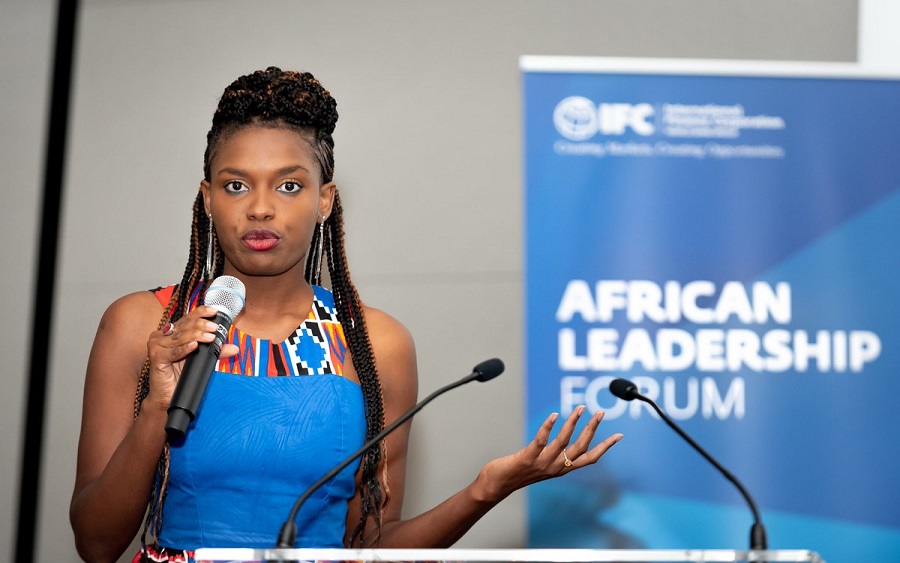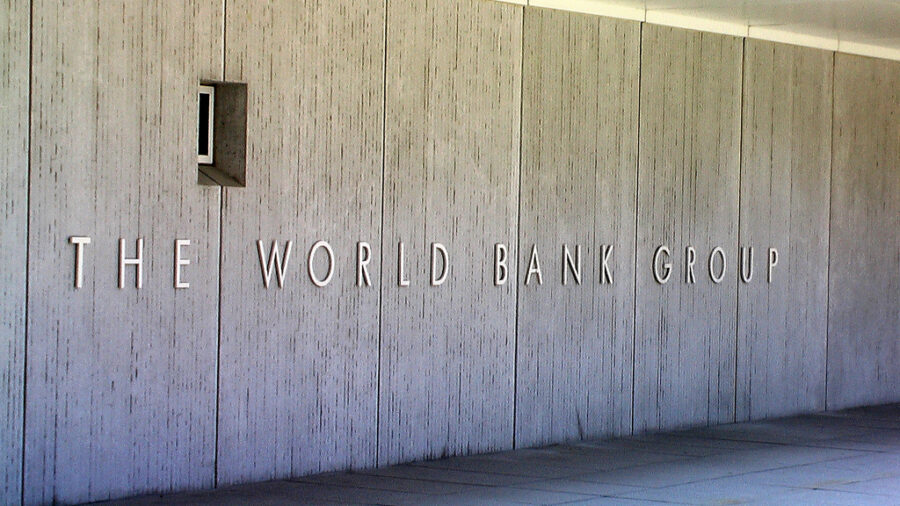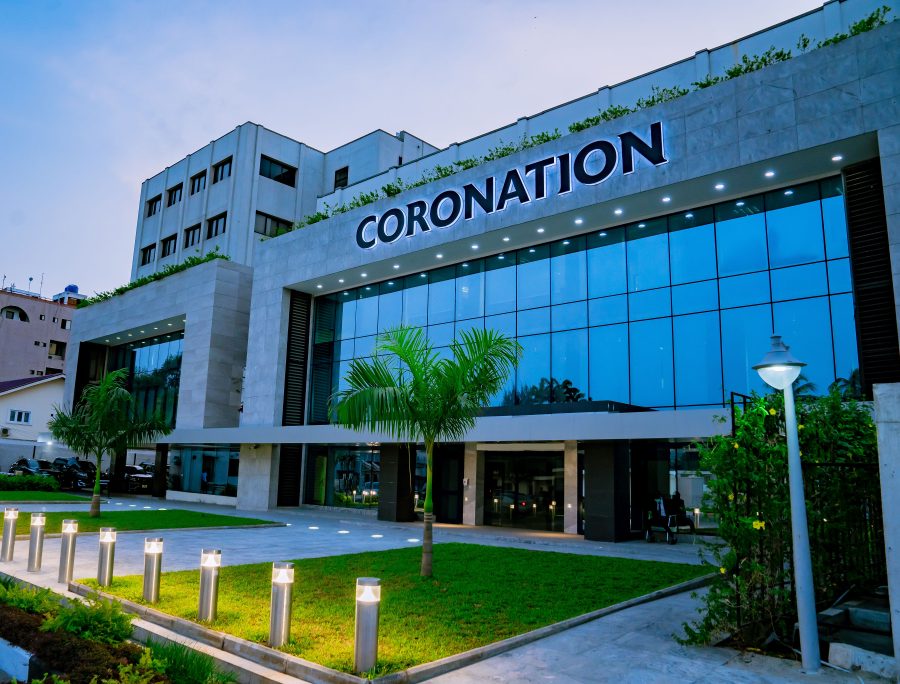With local businesses often complaining about the availability of credit, Coronation Merchant Bank and International Finance Corporation, an arm of World Bank, have partnered to trades. The partnership entails both companies setting up a $40 million Trade Finance Guarantee facility.
This partnership makes it the first time in five years that International Finance Corporation (IFC) will be contributing to the Nigerian market after putting a hold on its Global Trade Finance Program (GTFP) in Nigeria in 2015.
According to the international financier, GTFP extends and complements the capacity of banks to deliver trade financing by providing risk mitigation in new or challenging markets where trade lines may be constrained.

Through the partnership, Coronation Merchant Bank and International Finance Corporation, which is a member of the World Bank Group, intend to enhance inter-continental trade. It is expected to be a motivating factor to other international financiers as regards the private sector in the country.
Why this matters: IFC uses its influence, capital and expertise to create markets and opportunities where they are not existing and are needed the most. The corporation does these to end extreme poverty and boost shared prosperity in developing countries through private sector growth.
(READ MORE: Coronation Merchant Bank Appointed Customs Revenue Collecting Bank by the Nigeria Customs Service)
Speaking on the partnership, IFC’s Director for Southern Africa and Nigeria, Kevin Njiraini, said, “We welcome Coronation Merchant Bank to the Global Trade Finance Program, which has been very active in Nigeria in the past. This relationship will help improve the bank’s trade with other countries and create new economic opportunities in Nigeria.
“The partnership attests to the continued growth of the Nigerian financial sector and restates IFC’s commitment to emerging markets around the world.”
Banjo Adegbohungbe, Acting Managing Director of Coronation Merchant Bank stated that “The GTFP partnership is a critical milestone for us in our journey to become a leading financial institution in Nigeria. We are delighted to partner with the IFC in providing trade finance solutions to our customers and we assure all our clients of our continued support to enable them to achieve their business objectives.”
The international financier has often focused on the private sector in emerging markets, working with about 2,000 businesses worldwide.
In a Nairametrics report last year December, International Finance Corporation said Nigeria needed to make more credit available to businesses if it was determined to free the nation from the claws of poverty.
The Country Manager, Eme Lore, warned that 120 million people would be poor by 2030 if businesses continue to lack access to capital to further their operation.






















